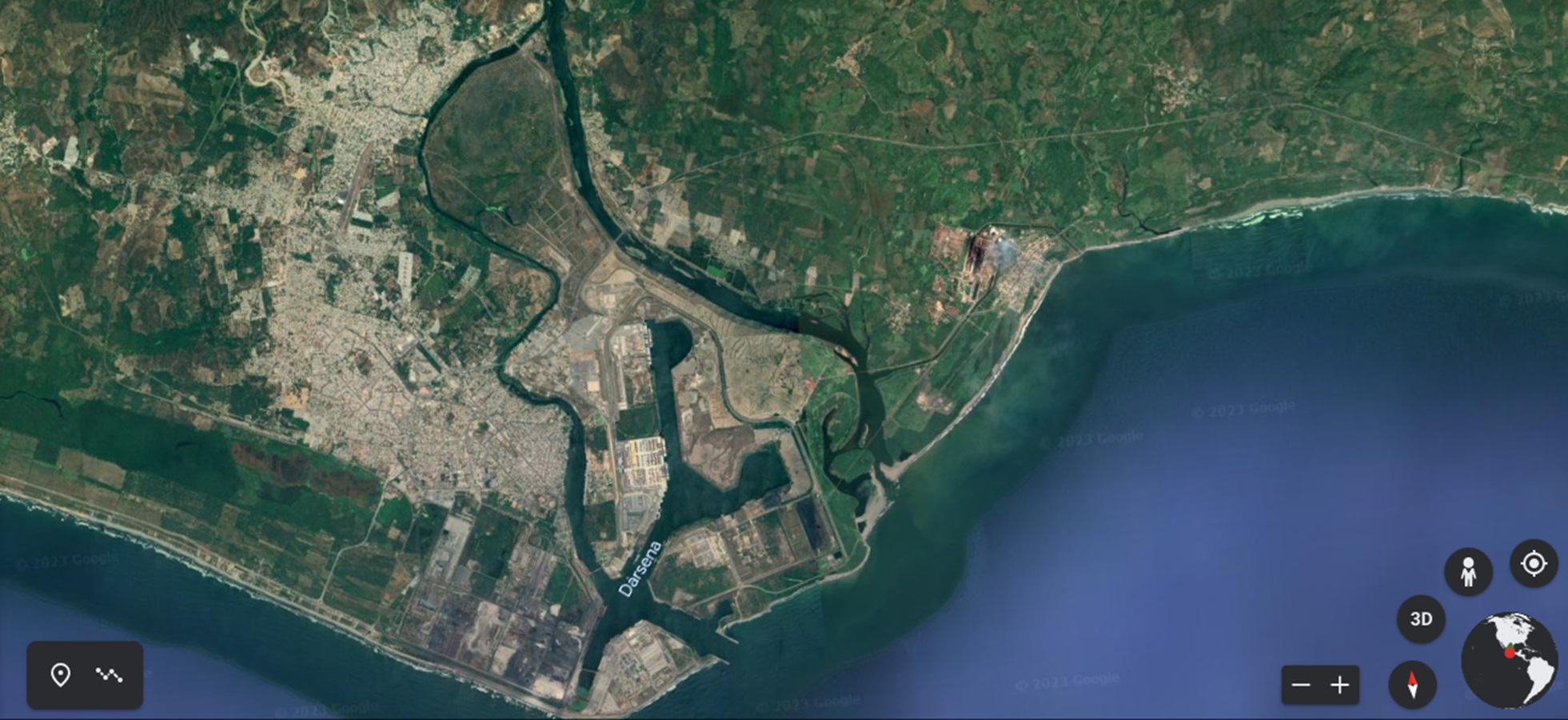Helaman 2:7 [LDS 3:7] And there being but little timber upon the face of the land, nevertheless the people who went forth became exceeding expert in the working of cement: therefore they did build houses of cement, in the which they did dwell.
Helaman 2:9 [3:9] And the people who were in the land northward, did dwell in tents, and in houses of cement, and they did suffer whatsoever tree should spring up upon the face of the land, that it should grow up, that in time they might have timber to build their houses, yea, their cities and their temples, and their synagogues, and their sanctuaries, and all manner of their buildings.
Helaman 2:10 [3:10] And it came to pass as timber was exceeding scarce in the land northward, they did send forth much by the way of shipping; and thus they did enable the people in the land northward, that they might build many cities, both of wood and of cement.
The key aspect of these verses is that timber large enough to use in cement houses (i.e. pueblo-style) is shipped from an area south of the land northward. South of the land northward is the narrow neck and lands south of that location. There is a natural lagoon (Mar Muerto) at the narrow neck (Isthmus of Tehuantepec) that has been used as a port since before recorded history. The river system for the land northward empties into the Rio Balsas and then the Pacific Ocean.
Shipping Timber (Mesoamerica)
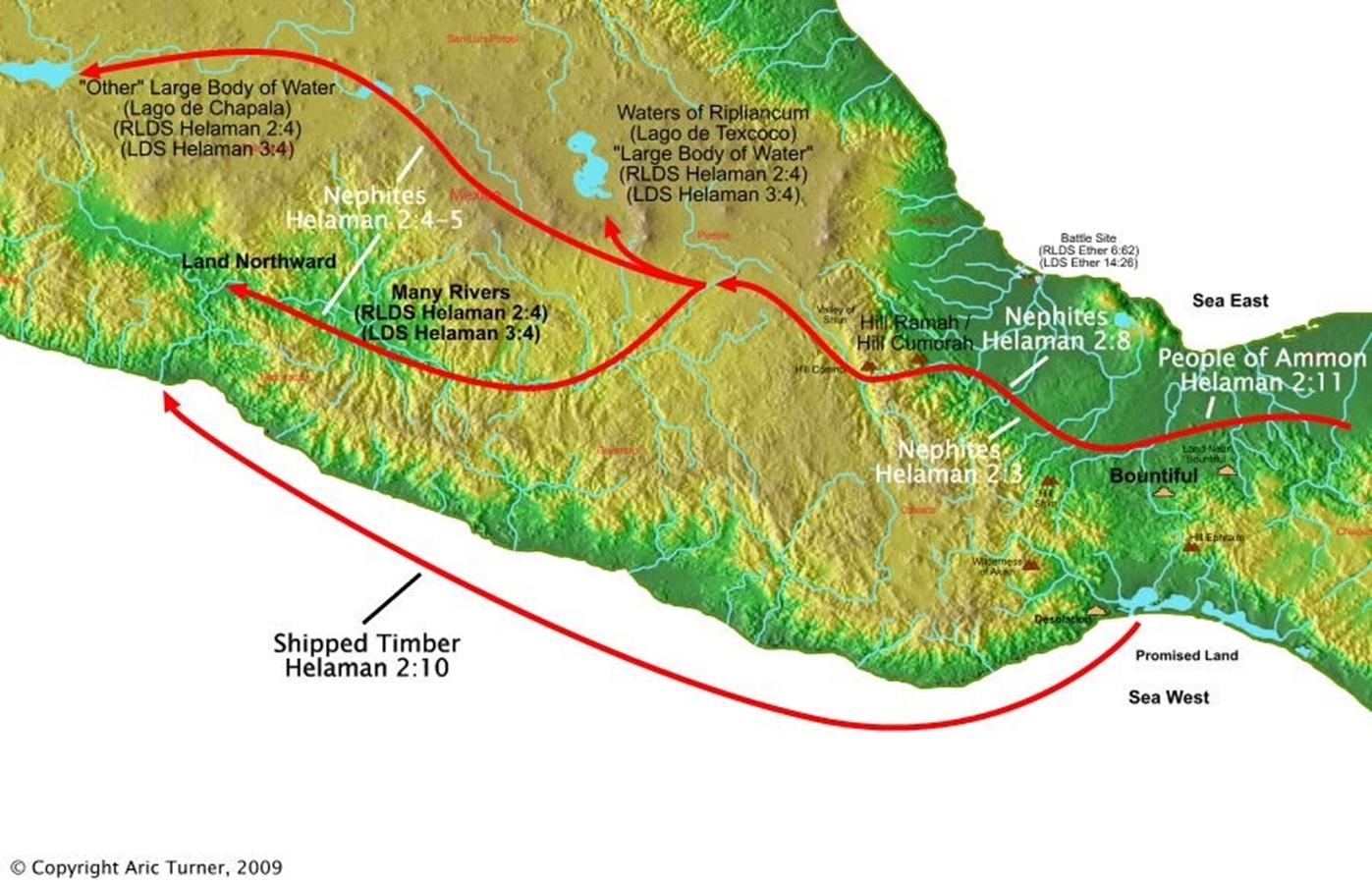
Shipping Timber (Mar Muerto Lagoon)
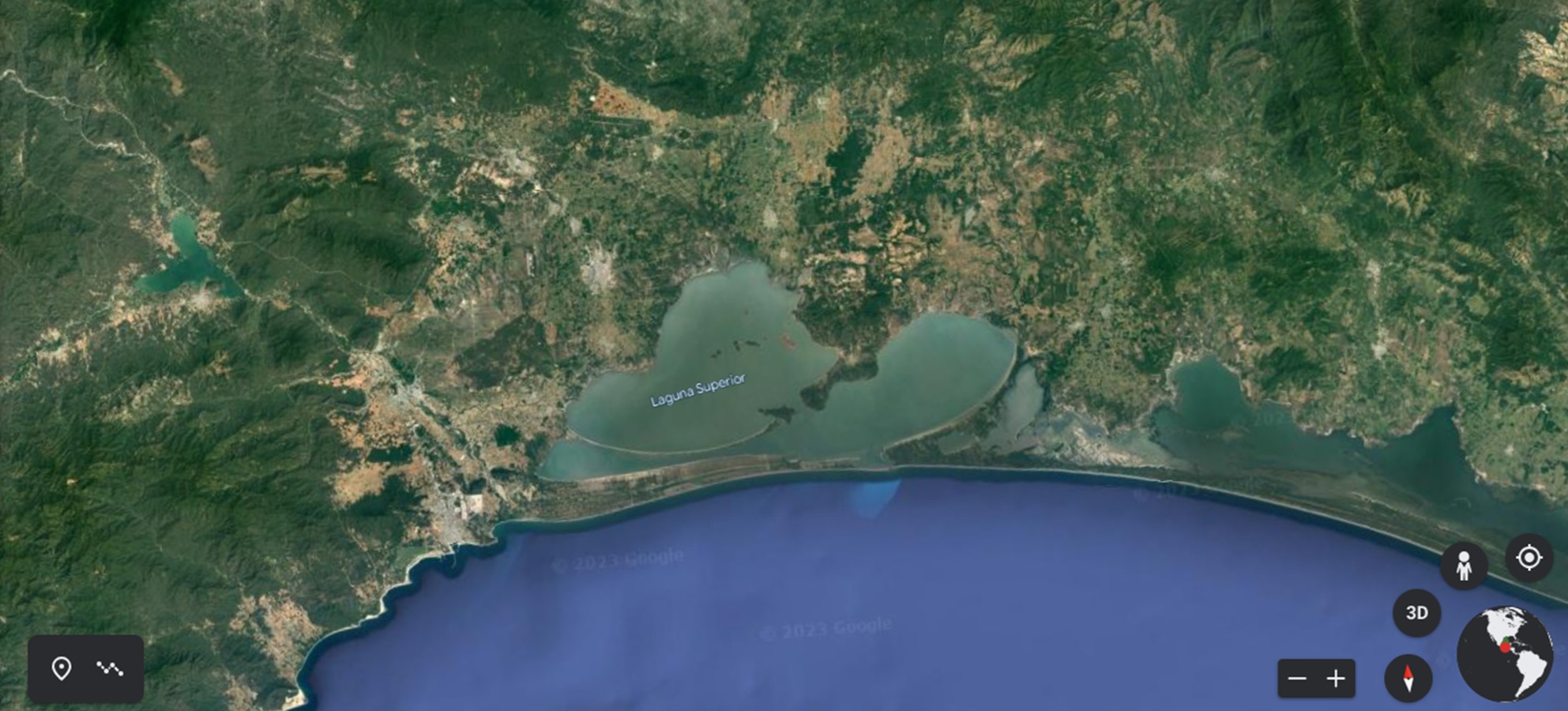
Rio Balsas (also called the Atoyac and Mexcala / Mezcala) – A ship-navigable river from the Pacific Ocean. Trees only grow within 100 feet of the river. Shrubs make up most of the landscape.
Shipping Timber (Rio Balsas)
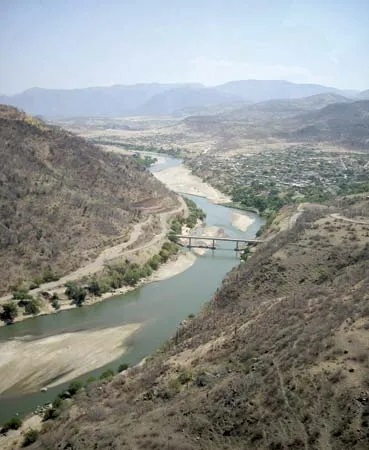
Historical photo of the Rio Balsas - notice the lack of significant vegetation
Shipping Timber (Rio Balsas)
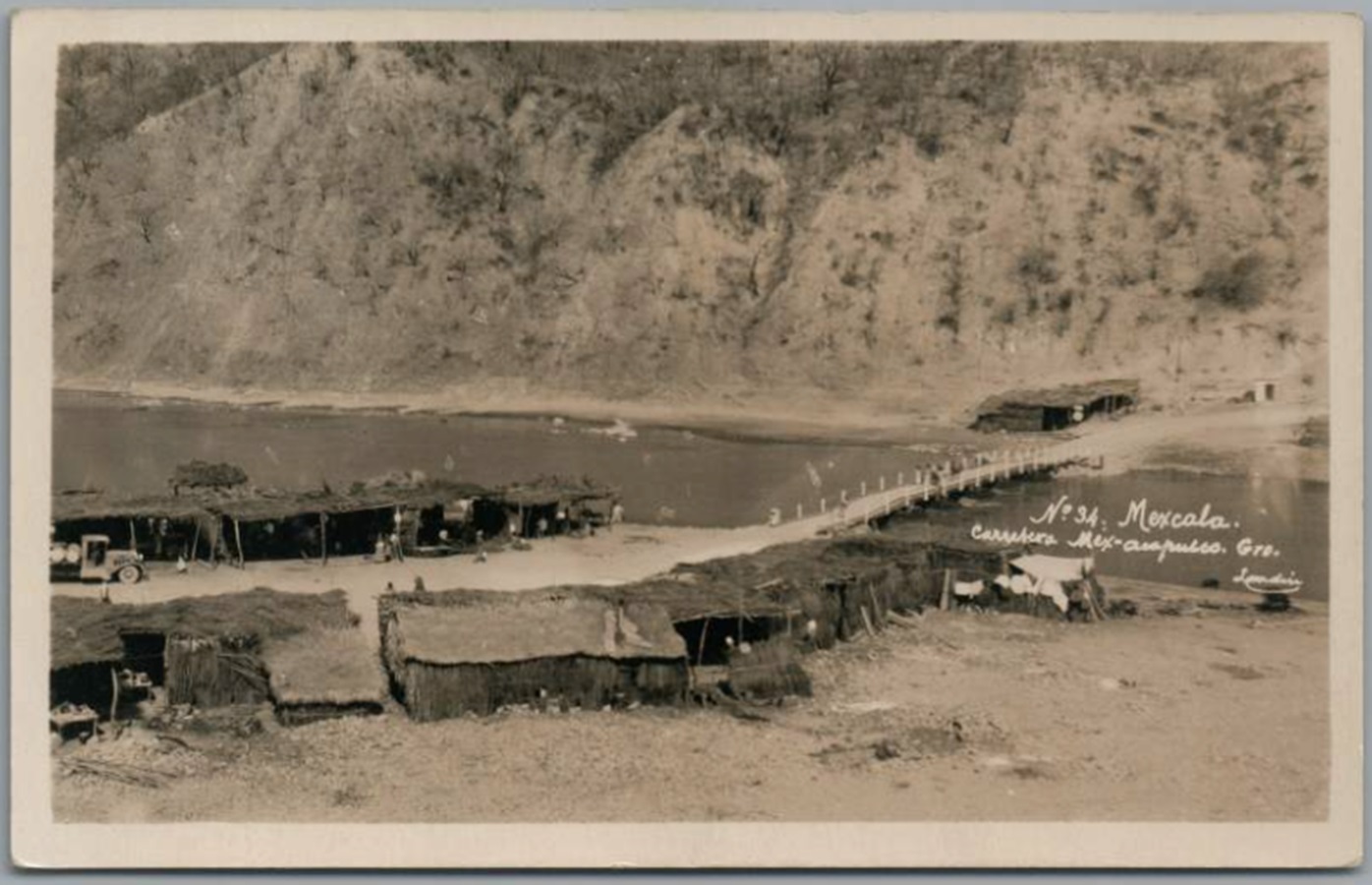
Shipping Timber (Mouth of the Rio Balsas)
